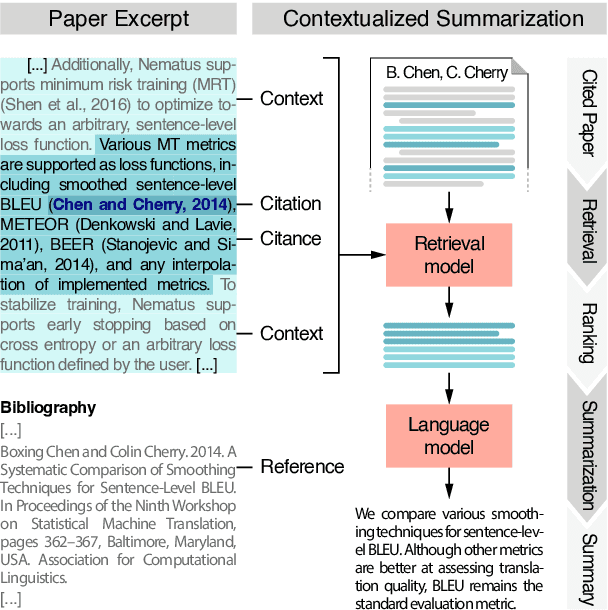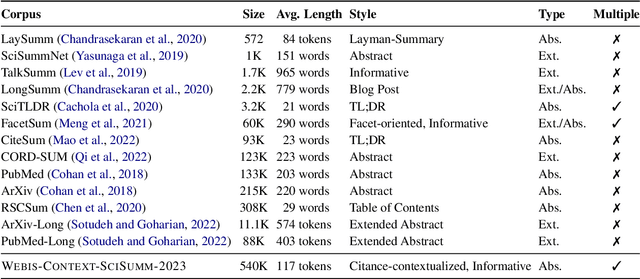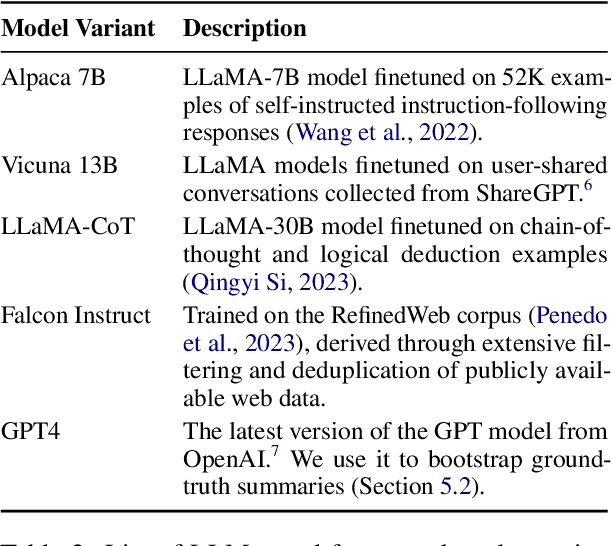Ahmad Dawar Hakimi
On Relation-Specific Neurons in Large Language Models
Feb 24, 2025Abstract:In large language models (LLMs), certain neurons can store distinct pieces of knowledge learned during pretraining. While knowledge typically appears as a combination of relations and entities, it remains unclear whether some neurons focus on a relation itself -- independent of any entity. We hypothesize such neurons detect a relation in the input text and guide generation involving such a relation. To investigate this, we study the Llama-2 family on a chosen set of relations with a statistics-based method. Our experiments demonstrate the existence of relation-specific neurons. We measure the effect of selectively deactivating candidate neurons specific to relation $r$ on the LLM's ability to handle (1) facts whose relation is $r$ and (2) facts whose relation is a different relation $r' \neq r$. With respect to their capacity for encoding relation information, we give evidence for the following three properties of relation-specific neurons. $\textbf{(i) Neuron cumulativity.}$ The neurons for $r$ present a cumulative effect so that deactivating a larger portion of them results in the degradation of more facts in $r$. $\textbf{(ii) Neuron versatility.}$ Neurons can be shared across multiple closely related as well as less related relations. Some relation neurons transfer across languages. $\textbf{(iii) Neuron interference.}$ Deactivating neurons specific to one relation can improve LLM generation performance for facts of other relations. We will make our code publicly available at https://github.com/cisnlp/relation-specific-neurons.
Citance-Contextualized Summarization of Scientific Papers
Nov 13, 2023



Abstract:Current approaches to automatic summarization of scientific papers generate informative summaries in the form of abstracts. However, abstracts are not intended to show the relationship between a paper and the references cited in it. We propose a new contextualized summarization approach that can generate an informative summary conditioned on a given sentence containing the citation of a reference (a so-called "citance"). This summary outlines the content of the cited paper relevant to the citation location. Thus, our approach extracts and models the citances of a paper, retrieves relevant passages from cited papers, and generates abstractive summaries tailored to each citance. We evaluate our approach using $\textbf{Webis-Context-SciSumm-2023}$, a new dataset containing 540K~computer science papers and 4.6M~citances therein.
 Add to Chrome
Add to Chrome Add to Firefox
Add to Firefox Add to Edge
Add to Edge